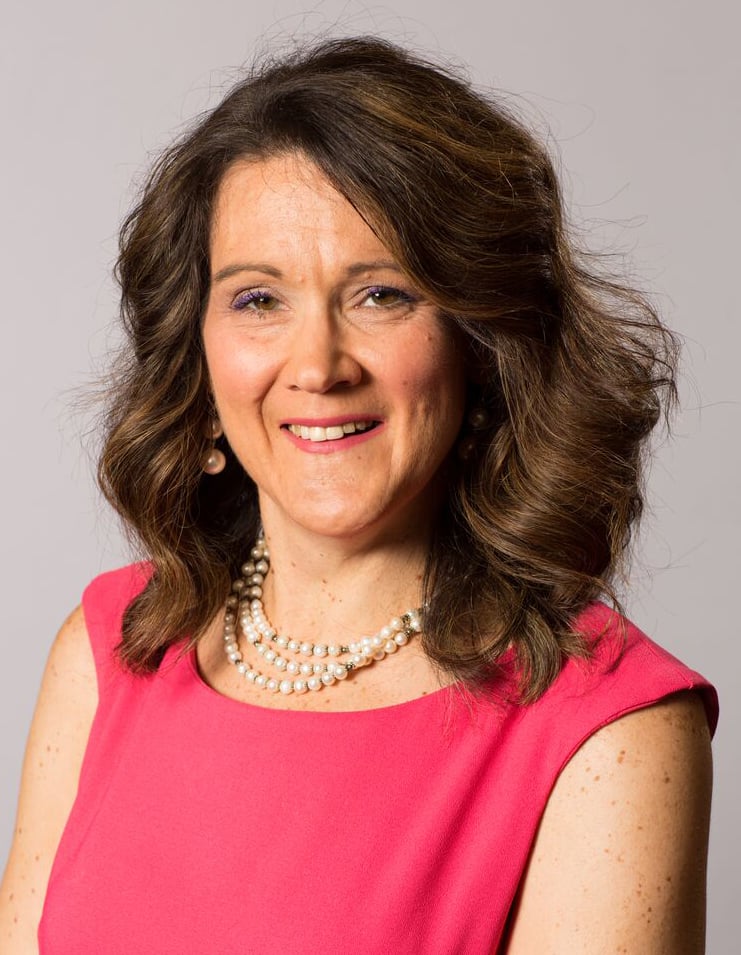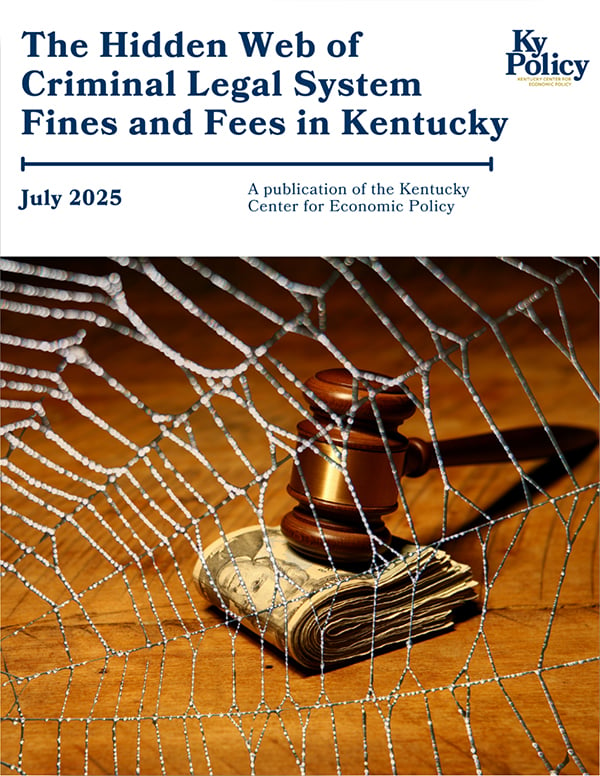By Charles Lutz and Elizabeth Jackson
Special to NKyTribune
As medical professionals, we have a duty to heal and protect our own patients and all people. We call for laws that quickly reduce and then end burning fossil fuels — coal, gas, and oil — which harm us and our children. Burning fossil fuels releases a toxic cocktail of air pollution.
Fossil fuel toxins include small carbon particles, which move deep into the lungs and damage tissue, a process that kills more than 300,000 Americans annually. We are horrified by the 600,000 deaths caused by COVID-19 and even more horrified by 300,000 deaths from airborne particles every year. We are inspired to secure a better future for our children and grandchildren.

Although elderly people suffer the most deaths from air pollution, these deaths often result from cumulative damage inflicted in the womb, and during childhood and adulthood. In addition, some injury is seen at young ages. The fetus is especially vulnerable as organs develop. Air pollution causes pregnant mothers to miscarry or deliver too early. Their children suffer lower IQ, hyperactivity (ADHD), and behavioral problems. Air pollution damage was greater than maternal cigarette smoking!
Not only do toxins harm children more, but kids get bigger doses. Children inhale more air per body weight, especially when playing outdoors. Kids breathe more through their mouths, and the mouth cannot filter out small particles as the nose does. Both children and adults require more emergency room visits for anxiety and depression when air pollution is high.
Scientists in Europe and the US have found that air pollution tracks with poor child health, including asthma, poor lung function, lower intelligence, and slower learning. The developing brain is at risk for damage that may last a lifetime. Children breathing small particle air pollution at school tested poorly for IQ and memory at ages 8-11. Medical imaging showed that these children slowed or reversed their brain development.

Before-and-after studies back up these conclusions. For example, a 1986-1987 strike shut down a steel mill for 13 months in the Utah Valley. The steel mill was a major polluter in a Mormon community where few people smoked tobacco. When pollution was low during the strike, hospital admissions for lung diseases fell by two-thirds for children and by half for adults. In Tongliang China, scientists studied babies born to non-smoking mothers in 2002 and 2005, before and after a large coal-burning power plant shut down. Babies born during high air pollution had smaller head sizes and did not catch up to the low air pollution children, even at 2½ years old. This is important because children with small head sizes have lower intelligence and slower learning later in life. In the US 1981-82 recession, there was less air pollution and less infant death.
Several of these before-and-after studies focused on industrial air pollution, but we know that people are highly exposed to toxins from cars and trucks. We can reduce these health risks, as endorsed by Pope Francis and by Protestant, Evangelical, Jewish, and Muslim faith leaders. We already have the tools.
For example, Scotland creates 97% of its electricity from renewable sources. We support revenue-neutral fee and dividend carbon pricing, meaning we support a fee on carbon with the dividend returned to all Americans. This approach was backed by at least 52 Kentucky economists, all living chairs of the Federal Reserve, and 28 Nobel Laureates.
For the sake of our children and grandchildren, please join us at citizensclimatelobby.org.
Charles T. Lutz, MD, Ph.D., is vice-chair for research in the Department of Pathology and Laboratory Medicine, Director of the Division of Cell and Molecular Pathology, a Professor in the Department of Microbiology, Immunology and Molecular Genetics at the University of Kentucky and a member of the Markey Cancer Center. He resides in Lexington. Elizabeth C. Jackson, MD, is retired from the University of Kentucky and Cincinnati Children’s Hospital. She resides in Villa Hills.

















